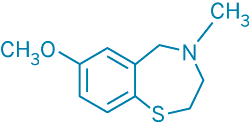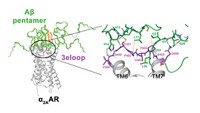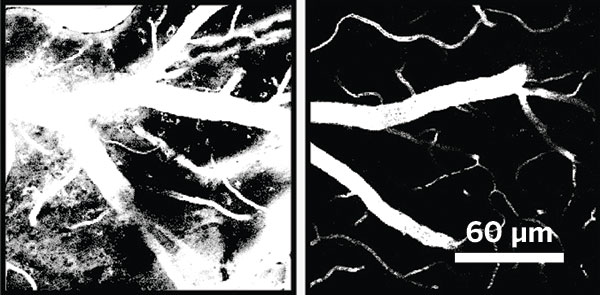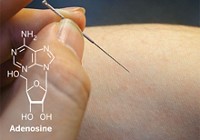Advertisement
Grab your lab coat. Let's get started
Welcome!
Welcome!
Create an account below to get 6 C&EN articles per month, receive newsletters and more - all free.
It seems this is your first time logging in online. Please enter the following information to continue.
As an ACS member you automatically get access to this site. All we need is few more details to create your reading experience.
Not you? Sign in with a different account.
Not you? Sign in with a different account.
ERROR 1
ERROR 1
ERROR 2
ERROR 2
ERROR 2
ERROR 2
ERROR 2
Password and Confirm password must match.
If you have an ACS member number, please enter it here so we can link this account to your membership. (optional)
ERROR 2
ACS values your privacy. By submitting your information, you are gaining access to C&EN and subscribing to our weekly newsletter. We use the information you provide to make your reading experience better, and we will never sell your data to third party members.
Pharmaceuticals
Cause Of Muscle Fatigue Identified
February 18, 2008
| A version of this story appeared in
Volume 86, Issue 7

New evidence indicates that calcium contributes to muscle fatigue (Proc. Natl. Acad. Sci. USA 2008, 105, 2198). The finding could lead to drugs that improve endurance in soldiers, athletes, or in patients who suffer debilitating fatigue as a result of chronic heart failure. Muscles consist of numerous muscle fibers that each contain a bundle of myofibrils sheathed in a membranous network known as the sarcoplasmic reticulum. For a muscle to contract, calcium must diffuse out of the network through calcium channels and bind to the myofibrils. The muscle relaxes when calcium detaches from the myofibrils and is pumped back into the network. Columbia University's Andrew R. Marks and coworkers found that intense exercise modifies the protein complex that normally keeps the calcium channel closed, allowing extra calcium to flood the myofibrils. The leak weakens the force produced by the muscle and activates an enzyme that damages the muscle fibers. The researchers discovered that an experimental drug (shown) can prevent the leakage and increase endurance in mice.





Join the conversation
Contact the reporter
Submit a Letter to the Editor for publication
Engage with us on Twitter